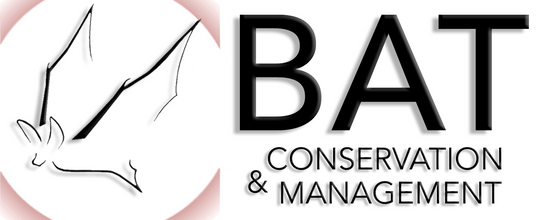Bat Acoustic Workshops • 3-5 day and Hybrid Training Events
These classes jumpstart new users towards responsibly interpreting acoustic bat detector studies required by agencies, clients, and professional researchers. Moderately experienced users will appreciate the call ID refresher, manual review practice, and learning deeper features of SonoBat.Generally, we offer two types of bat acoustic workshops; "Workflow" workshops are 3 days and cover basic detector work, post processing, and call ID. The longer "Field Monitoring" workshops cover everything in the "Workflow" class, includes more topics, more manual review, and more field events. Sampling "protocols" are usually just outdated suggestions; we teach best practices for obtaining high quality recordings which have the best chances for species identification. Participants then can apply this knowledge when adopting and improving their ever-evolving monitoring protocols. All sessions begin with an introduction of ultrasound, how bats utilize it, and how it interacts with the world around us, which in turn dictates microphone selection and micro siting for the best species diversity and sound quality for analysis.
|
Each workshop's details vary with local research needs, access, conditions, and available resources. For venue-specific details, meals, & lodging suggestions, please view the event registration page: |
